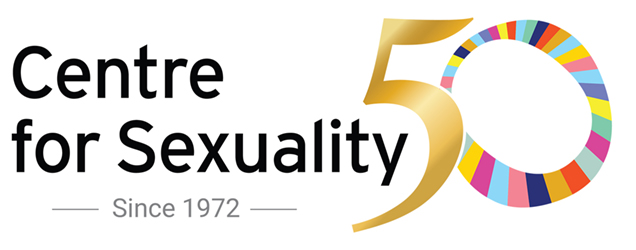Online and Media Safety
As children and youth spend more time online, it is important that parents talk about online safety. Sometimes it is easy to feel scared by the number of things our children can be exposed to online. Still, most of us are online every day, and as parents, we have the responsibility to provide them with the tools to be as safe as possible!
Tips for Keeping Your Child/Youth Safe Online
Create Your Own Family Media Agreement
Work together as a family using these categories and questions to guide your discussion.
Participate
What media (technology, shows, apps, etc.) is allowed? Why? When? Where? How much screen time?
Pass
When, where, and what types of media are not allowed? How can your child ask for help if they see something that is not age-appropriate?
Privacy
What are they allowed to share online? What privacy settings need to be in place on accounts?
Respect
What does respectful use of media and online language look and sound like? What is disrespectful use or cyberbullying?
Fun
This is the goal. What does perfect media consumption and use look like to you and your family? What media do you consume or use together (co-view)?
Pornography
We know children are being exposed to pornography or seeking it out because they are curious. This can often happen at a very young age. As parents, it is important to talk about pornography with your child, so they know what to do if they are shown pornography or if they find it themselves. The media literacy tools you provide your children will also help them if they are exposed to pornography.
Additional Resources
- MediaSmarts focuses on providing educational resources to help raise a media-savvy generation. Some of their resources include
- Common Sense Media provides ratings to help parents assess which movies, TV shows, games, and apps are appropriate for their child.

